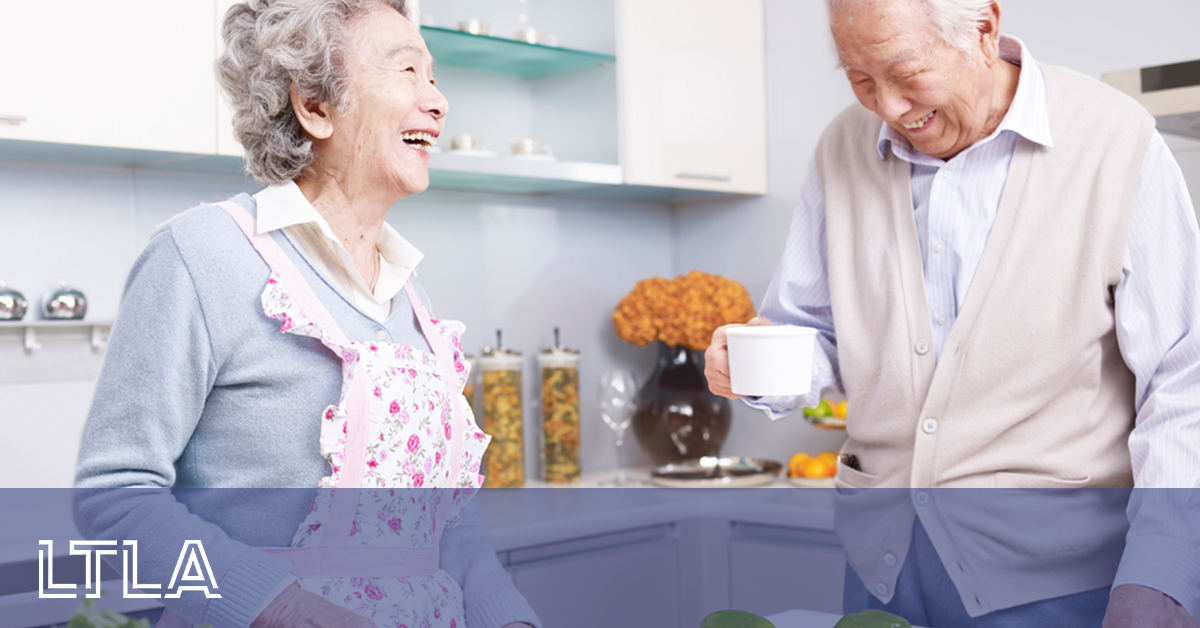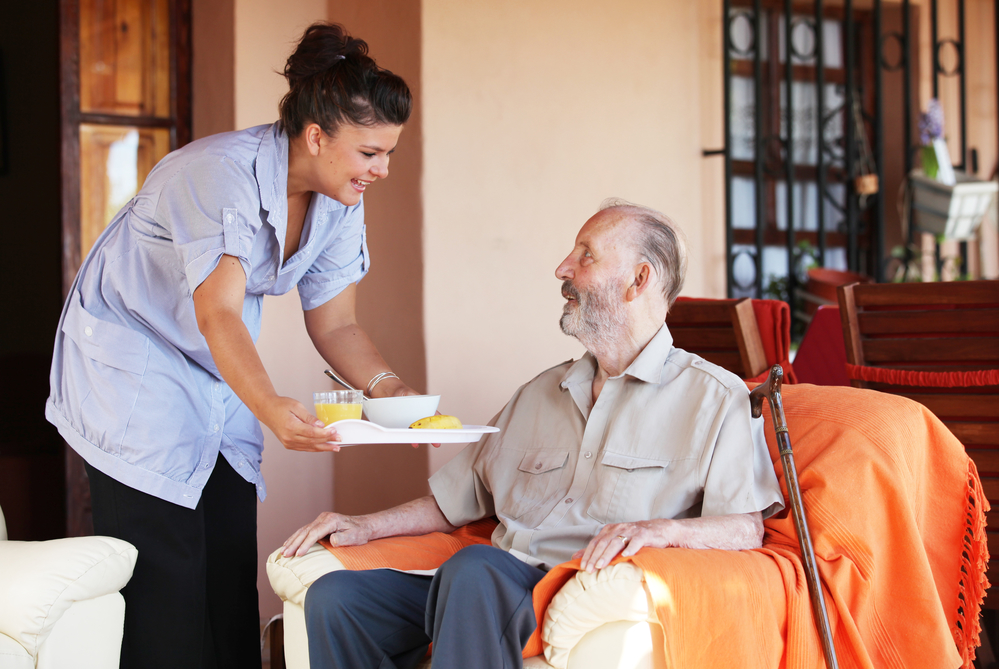
If you’d like to stay in your home and age in place, reverse mortgages might be an ideal option for you. A reverse mortgage loan is a special kind of home equity loan that allows you to use your equity to pay for various expenses.
One big difference is that you don’t have to make monthly payments with a reverse mortgage. It’s a tax-free way to supplement your income.
A reverse mortgage loan can provide you or a loved one with funds to:
- Slow the draw-down of your savings.
- Pay for expenses such as property taxes, utilities, etc., so you can afford to stay in your home.
- Pay off credit cards, car loans, an existing mortgage, and other debt, to help your cash flow.
- Enjoy life more by allowing you to travel, give gifts to loved ones, etc.
- Have home modifications to make your home better fit your needs if you have health issues or limited mobility. Home modifications can include a wheelchair ramp or a home stair lift if you live in a two-story house. Other changes can include widening doorways and lowering countertops.
- Receive in-home care if you need help with daily activities such as cooking, dressing, bathing, and shopping. A home care aide from a licensed home care agency comes to your house and can also assist you with household chores like cleaning your home and doing laundry.
A few myths about reverse mortgages
You may have heard some negative things about reverse mortgages. Here are some common misconceptions and how a reverse mortgage actually works. Contrary to what you may have heard:
- The bank does not own your home when you have a reverse mortgage.
- The bank doesn’t take over ownership when the homeowner passes away. The heirs who inherit the home can decide whether to sell the home or keep it.
- Having a reverse mortgage doesn’t affect your Social Security or Medicare benefits.
- It’s very safe. FHA both tightly regulates and insures the reverse mortgage program.

What you need to know about reverse mortgages
You should be aware that one of the homeowners must be at least 62 years old. However, if the other spouse is younger than 62, he or she can stay on the deed. If the older spouse passes on, the reverse mortgage is not due until the remaining spouse passes.
You can still get a reverse mortgage loan if you currently have a mortgage or home equity loan, as long as you have enough equity in your house. If the proceeds from a reverse mortgage are enough to pay off the existing loans, you should be eligible for a reverse mortgage.
While a reverse mortgage is a great solution for many people, it doesn’t make sense for
- Someone who doesn’t plan on living in the home for the long term.
- A person who only needs a small amount of funds, one time.
- An individual who wants his children to inherit the home with its full equity.
Here’s what you need to do next
If you’re interested in learning more about the reverse mortgage program, you should:
- Verify that it makes sense for your situation and needs.
- Make sure you meet the requirements as noted above.
- Contact a reverse mortgage specialist.
A reverse mortgage can help seniors aging in place to live comfortably and not worry about financial issues — and stay in their home. To get started, call the Long-Term Living Association (LTLA) at 1-800-868-1193 to set up an appointment with our reverse mortgage specialist. You can also learn more by visiting their website at longtermliving.org.
 Our Reverse Mortgage Specialist
Our Reverse Mortgage Specialist
RICK SCHLUTER

